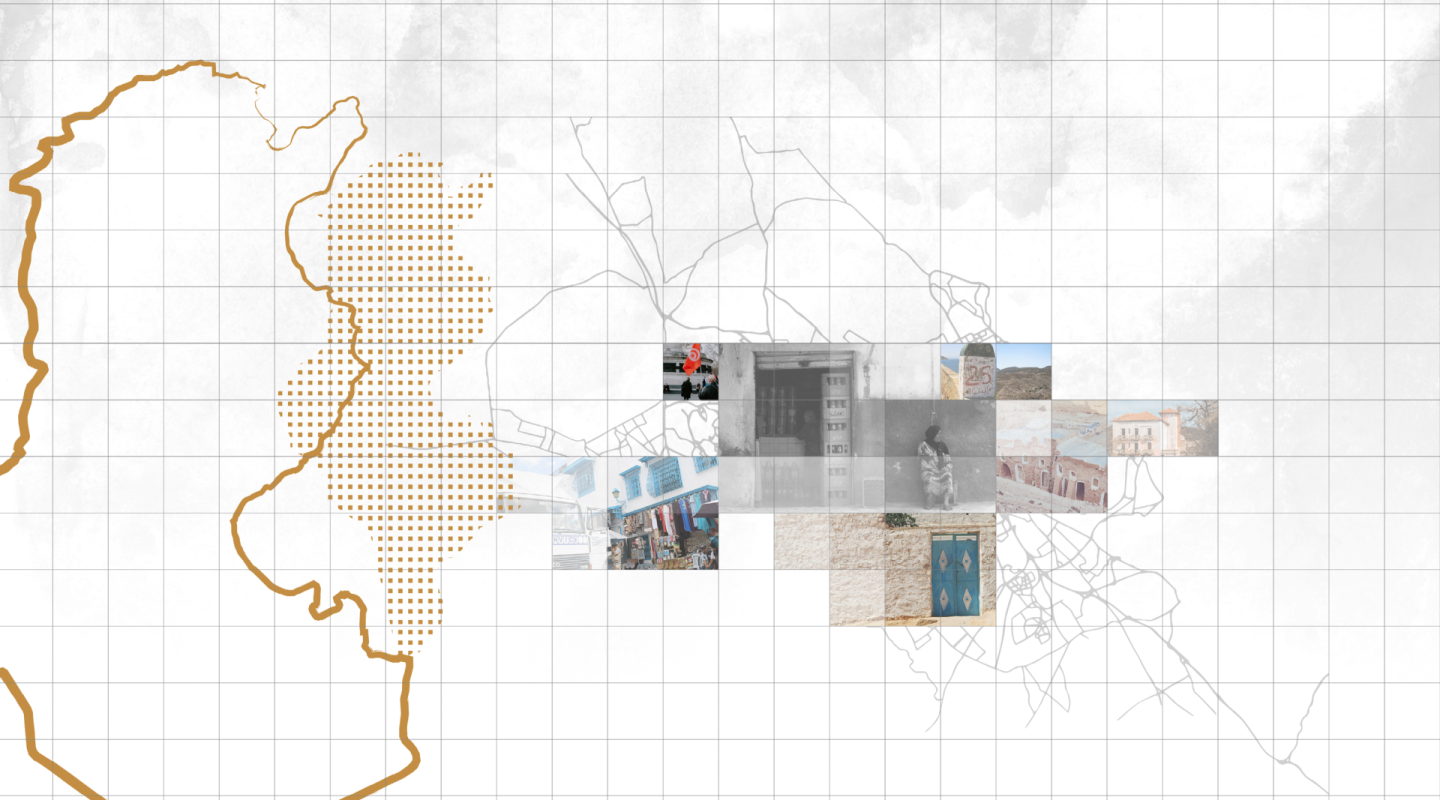
Tunisia
Capital city — Tunis
Latest updates
Prisoners are allowed to pass diplomas and entry examinations
The DGPR counts 1085 inmates with a vocational training certificate in 2018.1
Ministry of Justice, INPT, CoE, “Manuel du droit pénitentiaire tunisien”, November 2019, p. 153. ↩
-
Two of the four incarcerated individuals who sat the baccalaureat examination during the primary session of 2024 passed. The first, who is incarcerated at Mornaguia Prison, passed in the subject of Economics and Management. The second, who is incarcerated at Gabès Prison, passed in the subject of Experimental Sciences. Of the 40 people pursuing higher education in prison, six students earned university degrees. The others are continuing their coursework.
Collective movements are recorded
-
-
The political detainees accused in the case of conspiracy against state security began a hunger strike on 29 April 2024. They are protesting the authorities’ refusal to free them at the end of the maximum legal period of preventive detention. The Committee for the Respect of Freedoms and Human Rights in Tunisia (Comité pour le respect des libertés et des droits de l’homme en Tunisie, CRLDHT) considers this arbitrary detention by the Tunisian authorities to be in violation of national and international laws. It demands their prompt release. The health of one of them, who began the strike sooner, has deteriorated to the point of needing to be transferred to hospital. The CRLDHT holds law enforcement authorities and Tunisian politicians responsible for the consequences to the health of these detainees.
Number of people serving non-custodial sentences
-
-
Human Rights Watch called on Tunisian authorities to replace mass incarceration for debt with alternative sentences. The organisation says this would more effectively ensure the repayment of the debts. It criticises the failure to differentiate between insolvent persons and people who refuse to pay their debts.
Cumulative sentences have a limit
Aggregate sentences are common in crimes related to bad debt. Each instance of debt results in a separate accusation. Sentences can range from eight months to five years in prison.
-
The Bizerte court of first instance authorised a man sentenced to 350 years of imprisonment to be placed in detention. The sentence was imposed as the result of several trials in absentia for fraud and writing bad cheques. Most of the convictions were ordered to be enforced immediately.
Number of deaths in custody
-
-
A prisoner died in remand detention at Bizerte Prison. His family and his doctors had previously sounded the alarm regarding the state of his health. They criticised his imprisonment conditions.
All inmates are admitted to prison with a valid commitment order
-
The Tunisian authorities were reported to use what they call assigned residences to conceal secret detentions on the pretext of a state of emergency. These so called “exceptional” measures had been increasing and were authorised under the state of emergency put in place in 2015. Fathi Beldi, former Interior Ministry employee, and Noureddine Bhiri, former justice minister, were both arrested in similar arbitrary circumstances}. Civil society organisations were concerned about the numerous law violations, including the lack of arrest warrants, the secrecy of where people would be detained and their contact with the outside world. Salsabil Chellali, director of Human Rights Watch, called for transparency from the authorities in 2022 and hoped ”to put an end to these arbitrary detentions”. She added, ”these violations undermine judicial power and further erode the principles of the rule of law.”
-
Six members of the political opposition have been held prisoner for a year with no formal charges or trial. They started a hunger strike to denounce the situation. They issued a statement to communicate their claims and demand their immediate release.